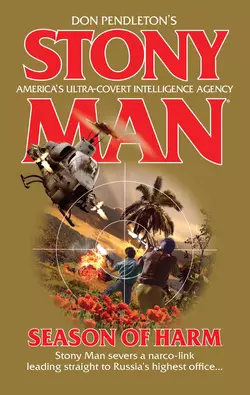Season of Harm

Don Pendleton
Тип: электронная книга
Жанр: Шпионские детективы
Язык: на английском языке
Стоимость: 150.68 ₽
Статус: В продаже
Издательство: HarperCollins
Дата публикации: 16.04.2024
Отзывы: Пока нет Добавить отзыв
О книге: As long as the forces of terror and corruption strike hard across the globe, the operatives of Stony Man will stand their ground. The brilliant team of cybernetic experts and covert, action-ready commandos race against time and disaster when matters of strategic priority demand immediate response.If Stony Man goes to battle, the stakes–and the threat level–are at their highest.When a routine FBI raid on a New Jersey warehouse turns into a bloodbath, an explosive link between Asian heroin smugglers and Russia′s newly elected strongman president emerges. With the help of radical new satellite imaging technology, the Stony Man teams sweep across the U.S. Northeast and the Golden Triangle, unleashing relentless fury against an army of narco-lords and a highly protected political kingpin poised to take the motherland–and the world….